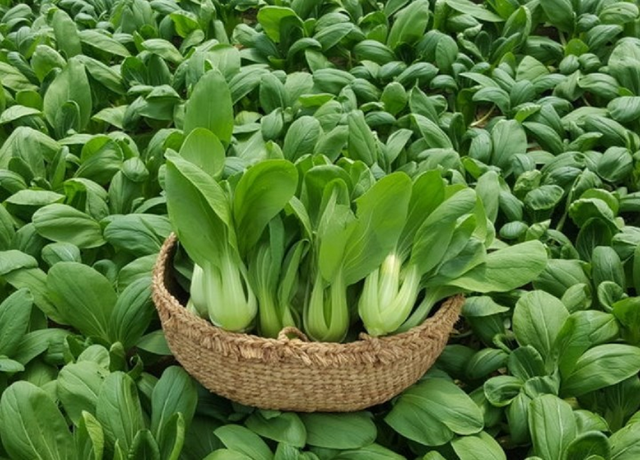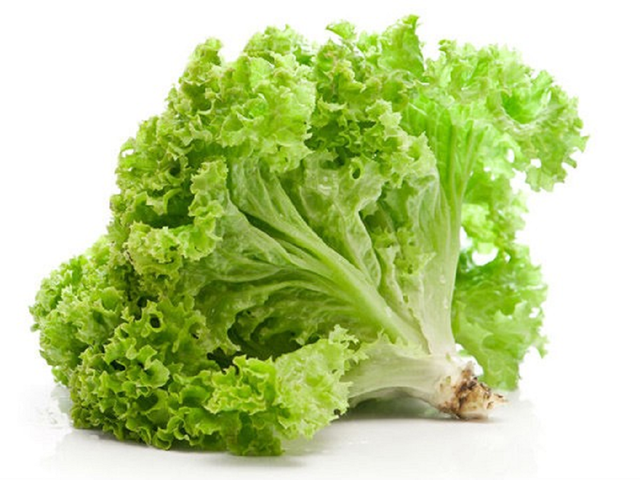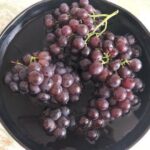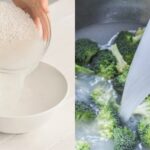Tender Greens

This variety of greens is a popular choice for its crisp texture, sweet flavor, and nutritional profile. Illustrated image.
Tender greens, a member of the Brassica family, offer a wealth of nutrients. A cooked cup of these greens provides 631 mg of potassium (13% DV).
Despite their nutritional benefits, these greens are susceptible to insect pests when grown in the ground. Farmers often resort to applying excessive pesticides and nitrogen fertilizers shortly before harvesting. If sprayed too close to the harvest date, the produce may reach consumers with high residues of chemicals that haven’t had sufficient time to degrade. Thus, beware of abnormally uniform, pest-free, plump, and vibrant green bundles of these greens. They are likely treated with excessive nitrates and should be avoided, especially in raw form.
Curly Endive

Produce that is noticeably larger or smaller than usual may be an indication of the use of growth stimulants or chemicals. Illustrated image.
Curly endive is a nutritious and versatile green. Its long, crisp leaves have a pleasant bitter taste. While it can be enjoyed raw, cooking transforms its flavor to a sweet and savory delight. A delicious way to prepare it is to drizzle olive oil on each leaf, roast them until they attain a golden-brown hue, and then sprinkle with balsamic vinegar, salt, pepper, and toasted nuts such as walnuts or pecans.
Available year-round, a cup of raw curly endive delivers 75 mcg of folate (18% DV) and 115 mcg of vitamin K (96% DV). In addition to its role in DNA synthesis and preventing neural tube defects, adequate folate intake helps ward off megaloblastic anemia, a blood disorder characterized by symptoms like fatigue, difficulty concentrating, and rapid heart rate.
One tell-tale sign of chemical contamination in produce is an abnormally vibrant green color. Produce treated with pesticides and synthetic fertilizers tends to exhibit this trait due to the accelerated growth induced by these chemicals, which contradicts the natural growth process.
Effective Vegetable Washing: Removing Pesticides with Rice Water
– To ensure your vegetables are free of harmful pesticides, consider washing them with rice water. The slightly acidic nature of rice water helps neutralize acidic pesticides.
– Over time, rice water gradually loses its potency, thereby reducing the concentration of harmful substances in your produce.
– Rice water has a viscous consistency, which enables it to effectively absorb and remove certain pesticides and chemical residues clinging to the surface of your fruits and vegetables.
– Being free of additional chemicals, rice water is a safer option for cleaning your produce. It works exceptionally well for cleaning small fruits like strawberries, mulberries, and grapes.
According to Nguoiduatin





































